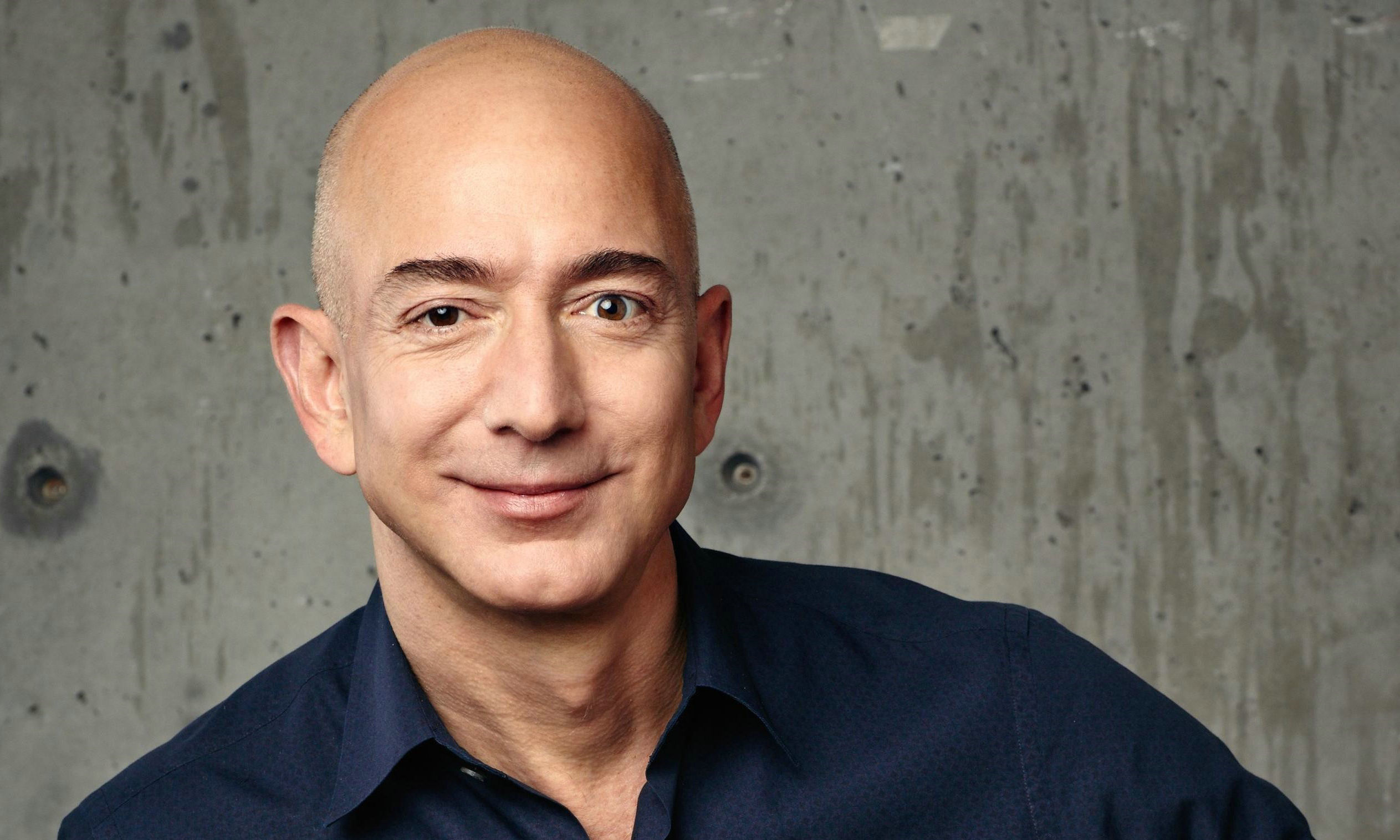In the constellation of business legends, Robson Walton may not shine as brightly as his father Sam Walton did, but he remains an indispensable helmsman of Walmart – the global retail behemoth, and a steadfast guardian of the family's heritage. His story is a symphony of inheritance, innovation, responsibility, and leadership, illustrating how one climbs higher upon the shoulders of giants.
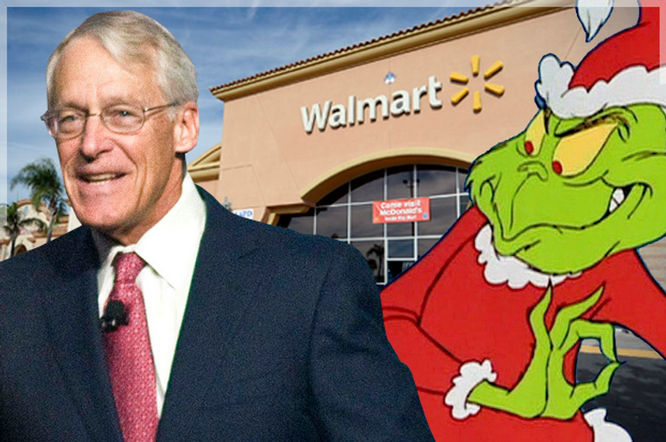
Foundation of the Dynasty
"From my earliest memories, Father taught us that success stems from relentless effort and respect for detail." These words by Robson encapsulate the Walton ethos. Born in 1944 into a seemingly ordinary family harboring extraordinary aspirations, his father Sam Walton was then unknown but harbored ambitions of retail dominance.
Robson's childhood memories are filled with scenes of working alongside his father. Sam was both entrepreneur and first business mentor, teaching Robson through every detail from shelf-stocking to customer interactions. These early lessons instilled in him the value of listening to customers and service, laying the groundwork for his future leadership style.
Unlike his father, Robson pursued law as his initial career, earning a Doctorate from Columbia Law School. This deviation from the family path was strategic, anticipating Walmart's legal needs as it expanded. Robson understood the importance of legal knowledge in risk mitigation and protecting interests, and his legal experience later informed complex commercial dealings.
Despite his legal accomplishments, Robson remained involved in the family business. By the1980s, he gradually entered Walmart's management, initially handling legal matters before engaging in strategic planning. He witnessed Walmart's transformation from regional retailer to a global giant, learning alongside his father the balance between cost-effectiveness and supply chain efficiency. Sam Walton's mantra, "Leadership is example, not command," shaped Robson's understanding of leading by example and making bold decisions.

Transition of Power
"When standing on my father's shoulders, I see broader skies and feel a weight like never before." Robson's words at Walmart's helm echoed this sentiment. Faced with his father's legacy, Robson knew his role was not just preservation, but navigating Walmart through the ever-changing business seas.
In1992, amid economic turmoil and the dawn of internet technology, retail stood at a crossroads. Robson didn't follow tradition blindly but initiated forward-looking reforms. Acknowledging Walmart's core of "Everyday Low Prices," he also recognized technology's future significance. Robson invested in logistics systems, enhancing automation, speeding up warehouse-to-shelf transitions and lowering costs.
Within five years under Robson, Walmart's global sales surged from 93.6billionto191 billion, and store numbers rose from1700 to over3000. Behind these figures were Robson's meticulous management, pursuit of efficiency, and employee care. Upholding his father's belief in employees being the company's greatest asset, he implemented incentive plans, boosting satisfaction and indirectly, service quality.
Robson's succession wasn't merely a transfer of power, but a strategic recalibration and upgrade. He transformed Walmart from a discount chain to a tech-embracing, sustainability-focused retail giant. His mantra, "We must lead change, not be pushed by it," guided his Walmart tenure.
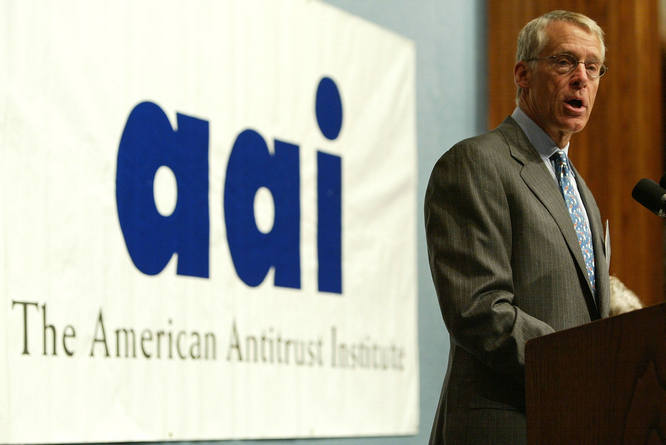
【Innovation and Transformation】
Facing the surging waves in the global retail industry, he deeply knew that maintaining the status quo would be equal to going backwards. So, Robertson made a deafening voice: "At Walmart, we not only have to commemorate the past, but also create the future." This is not only a declaration, but also his firm belief and action guide for Walmart's future.
Robertson deeply understood that to keep Walmart ahead in the competition, efforts must be made on efficiency. He initiated the comprehensive digitization and automation upgrade of supply chain management and introduced advanced information technologies such as the RFID (Radio Frequency Identification) system, greatly improving the accuracy of inventory management and logistics efficiency. According to the data, this transformation increased the inventory turnover rate by 20%, reduced operating costs, and enabled Walmart to respond to the market more quickly and continuously provide "Everyday Low Prices".
Facing the rise of the Internet, Robertson did not hesitate, but resolutely brought Walmart into the era of e-commerce. In 2000, he led the acquisition of the online retailer Walmart.com, laid out the e-commerce business, and opened a new chapter of the integration of online and offline. This measure not only broadened the sales channels, but also demonstrated Walmart's exploration and adaptation to the new retail model. Robertson once said: "The Internet is not a threat, it is an opportunity, and it is a bridge for Walmart to reach more customers." This open attitude laid the foundation for Walmart's rapid development in the e-commerce field.
While pursuing profits, Robertson also showed a deep understanding of social responsibility. He promoted Walmart's sustainable development strategy, promised to reduce carbon emissions, improve energy efficiency, and promote environmentally friendly products. This series of measures not only conforms to the global environmental protection trend, but also won Walmart wider consumer trust. Robertson emphasized: "Sustainability is not an additional cost, but a part of long-term success." These words expressed his deep insight into the long-term development of the enterprise.
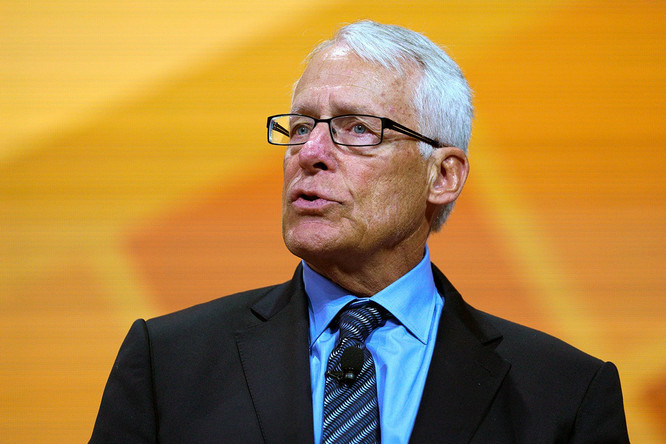
【Inheritance of Family Values】
"The most important thing I learned from my father is respect for people and passion for work." Robertson Walton's words, like a key, opened the door to the Walton family values. Sam Walton's diligence, frugality, focus on customers, and care for employees like family members constituted the foundation of Walmart culture. Robertson was immersed in such an environment since childhood, and these values were like seeds that took root and sprouted in his heart.
When Robertson took over the baton of Walmart, he was faced not only with a huge business empire, but also how to keep the family spirit alive in the ever-changing market. He firmly believed: "True inheritance is not to copy the past, but to reinterpret in the new era." Therefore, Robertson introduced innovative blood on the basis of maintaining the core values of "customer first and employee-centered".
The digital transformation promoted by Robertson is the best example of his innovative spirit. He not only invested in technologies such as establishing advanced logistics networks and online sales platforms, but also focused on how technology can better serve people. For example, the introduction of an intelligent inventory management system reduced the work burden of employees while improving the customer shopping experience. This combination of technology and humanistic care is exactly Robertson's contemporary interpretation of family values.
Robertson also emphasized that enterprises should take on social responsibility, which is an extension of his father's value of "giving back to the community". Under Robertson's leadership, Walmart increased its investment in environmental protection projects, such as promising to achieve zero emissions by 2040. At the same time, it supported the local manufacturing industry through the "Buy American" program, showing its commitment to the local economy. These actions not only won public praise, but also enhanced the brand image.
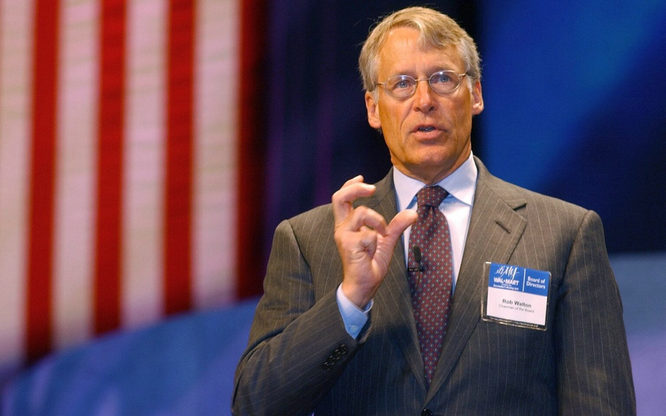
【Conclusion: The Wisdom of the Leader and the Future of the Family】
Robertson Walton's leadership career is about how to find personal brilliance under the shadow of great success and how to achieve a balance between maintenance and innovation. His story is a vivid interpretation of "Success is not the end, but constantly surpassing oneself." Under Robertson's helm, Walmart not only continued its glory, but also found a new direction in the digital age, and he, the guardian of the family, also paved a more solid road for the next generation and continued to write the legend of the Walton family.
Through the specific case analysis of Robertson Walton's career, we can see that success is not only inheritance and accumulation of wealth, but more importantly, constantly seeking innovation in changes, adhering to family values, and combining personal responsibility with corporate social responsibility. Such a leader is the true helmsman of the times.
